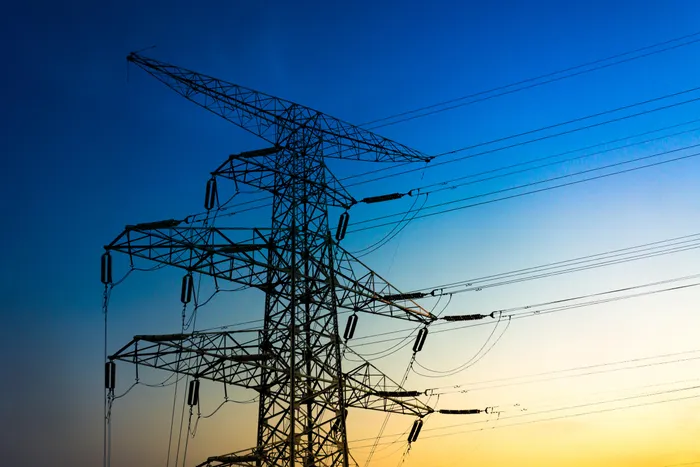SA on the brink of ‘energy poverty’, increases of 600% in recent years says expert

The alarming rise in electricity prices in South Africa in recent years is unsustainable and disproportionate to many citizens' income levels.
Image: Freepik
THE alarming rise in electricity prices in South Africa in recent years is unsustainable and disproportionate to many citizens' income levels.
This is the view of energy expert, Professor Vally Padayachee, who was reflecting on the prices of electricity after Electricity and Energy Minister Dr Kgosientsho Ramokgopa promised big changes to electricity prices in the coming months in efforts to address what he described as unsustainable prices.
On April 1, Eskom implemented a tariff increase of 12.74 percent. This hike followed approval from the energy regulator and represents one of the most significant price adjustments in recent years.
Padayachee said that the rising cost of electricity is concerning as it impacts not only household budgets but also the overall economy.
"Increases of over approximately 600% in recent years are unsustainable and disproportionate to many citizens' income levels. Electricity, a public good, should arguably be like water, a fundamental right, accessible and affordable for all South Africans.
"For the average South African household, rising electricity costs have become a serious financial concern. Many families find themselves allocating a growing portion of their income to energy bills, which can lead to difficult choices between essential services such as food, education, and healthcare. This financial strain can cause stress and adversely affect family life," he stated.
Ramokgopa has agreed and reiterating comments he made last week, said that South Africa was on the brink of ‘energy poverty’.
Speaking amid the ANC National Executive Committee's meeting in Gauteng Ramokgopa said: “Electricity is unaffordable. We cannot continue along this tariff path. We are getting into a situation here in the country with new dimensions of energy poverty. There are households there, as I speak to you, that will not be able to afford the cost of electricity...Poor households are being forced to make choices between a loaf of bread and buying prepaid electricity units,” he said.
To curb the effects of energy poverty, Padayachee said: "The rising costs of electricity calls for urgent structural reforms to the energy pricing model in South Africa. Policymakers must explore ways to stabilise prices for households and reduce the burden on vulnerable populations. There must be a concerted effort towards transitioning to a sustainable energy future that emphasises renewable energy sources.
"By investing in sustainable energy technologies, the government can work towards reducing reliance on expensive fossil fuels, ultimately lowering electricity costs over the long term."
Economist Dawie Roodt stated that electricity prices in South Africa are now among the highest in the world, making the country unattractive as an investment destination, which is having a detrimental impact on the economy.
“There was a time about 20 to 25 years ago when our electricity was among the cheapest in the world, but that is no longer the case; now, it is among the highest in the world,” he said.
He stated that due to years of mismanagement, lack of investment, and outstanding debt from local consumers, Eskom is carrying a significant amount of debt.
Leader of the eThekwini Ratepayers and Residents Association (ERRA), Ish Prahladh, echoed these concerns, stating, “It is very true that the electricity tariff increases for ratepayers, residents, and businesses are definitely not sustainable.
“This overburdens all households and has a significant impact on businesses as well. There is a large population that is unemployed, and this is causing further unemployment because many small to medium-sized businesses are likely to shut down due to rising costs.
“High tariffs lead to increased living costs, including food prices, and have a ripple effect on the economy. Therefore, alternative solutions must be explored, such as solar power, to become more affordable for poorer and middle-income households. Solar power should be considered in a way that allows the government to subsidise it for all communities, making it more sustainable and helping to reduce electricity costs,” he said.
Taking to X, former Eskom COO, Matshela Koko, lamented the rising costs of electricity in spite of a promise that IPPs (independent power producers) would help reduce energy prices.
"Eskom's electricity sales have plummeted from 220 TWh to 180 TWh over the past decade, yet electricity costs have skyrocketed by 600%. Here’s the truth: wind, solar, and battery storage won’t lower the electricity prices you see on your electricity bills. It is irrespective of the near-zero marginal cost of production of wind and solar projects."